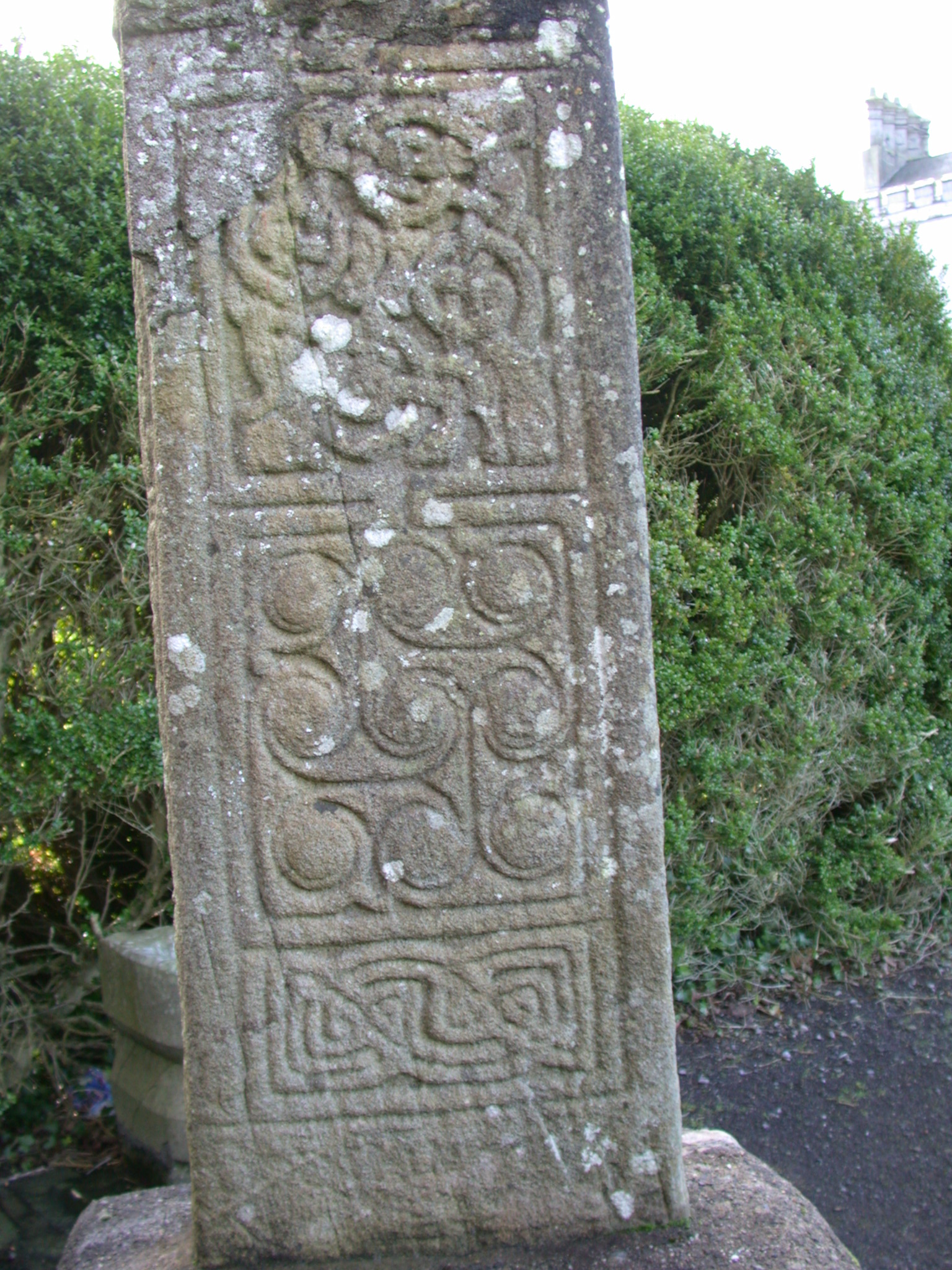 The Netherlands has recently introduced new measures to curb the spread of COVID-19 in the country. The decision follows a surge in the number of cases reported in the past few weeks, prompting the government to take swift action to prevent a second wave of infections. The new measures, which went into effect on September 29, include the mandatory wearing of face masks in all public indoor spaces, such as shops, museums, and public transport. The government has also limited the number of people allowed to gather indoors to a maximum of 30, while outdoor gatherings cannot exceed 40 individuals.
The Netherlands has recently introduced new measures to curb the spread of COVID-19 in the country. The decision follows a surge in the number of cases reported in the past few weeks, prompting the government to take swift action to prevent a second wave of infections. The new measures, which went into effect on September 29, include the mandatory wearing of face masks in all public indoor spaces, such as shops, museums, and public transport. The government has also limited the number of people allowed to gather indoors to a maximum of 30, while outdoor gatherings cannot exceed 40 individuals.
Additionally, bars and restaurants are now required to close at 10 pm, and alcohol sales are prohibited after 8 pm. These measures will remain in place for three weeks, after which they will be reviewed and potentially extended. Prime Minister Mark Rutte, who announced the new measures in a press conference, said that the situation in the country had become “very worrying,” with the number of new infections reaching levels not seen since the peak of the pandemic in March.
“We have to take these measures to prevent the virus from spreading any further,” he said. The Netherlands has been one Times of Netherland the hardest-hit countries in Europe since the start of the pandemic, with over 122,000 confirmed cases and more than 6,400 deaths. However, the country had managed to bring the outbreak under control earlier this year, and had even lifted many of the restrictions that were in place. But the recent surge in cases has forced the government to backtrack on its plans, and reintroduce measures that had been lifted.
The decision has been met with mixed reactions from the public, with some supporting the move, while others have criticized the government for not doing enough to prevent the spread of the virus earlier. Meanwhile, the country is also grappling with another crisis, as a result of the recent revelations about child abuse in the Dutch Catholic Church.
